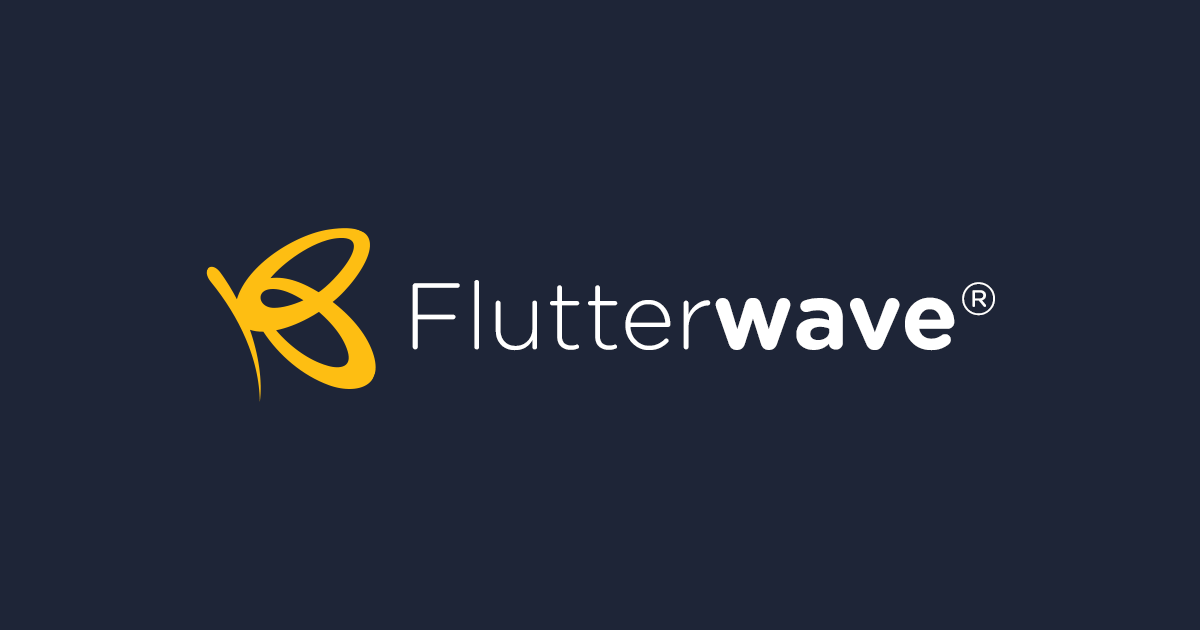- Banks Spend N42.7bn on Foreign Software in Two Years
Growing technological integration and the need to cut operational cost and improve the convenience of banks’ transactions has led to an increase in software investments by Nigerian banks.
A recent analysis of 10 banks’ software procurement in the last two years, showed their investments on software rose from N77.35 billion reported at the end of December 31, 2016 to N120 billion by December 31, 2018. Representing an increase of 35.5 percent.
The 10 banks surveyed were First City Monument Bank Limited, Guaranty Trust Bank Plc, Sterling Bank Plc, Zenith Bank Plc, United Bank for Africa Plc and First Bank of Nigeria Plc.
While, Wema Bank Plc, Union Bank Plc, Unity Bank Plc and Jaiz Bank Plc were the remaining four.
A break down of the banks’ annual reports showed that First Bank’s investment in software grew by 35.9 percent in the last two years to N29.36 billion, up from N18.82 billion recorded at the end of 2016 financial year.
First City Monument Bank (FCMB) spent N9.95 million on software –both developed within and acquired from outside the country — in the last two years, more than the previous total investment of N6.94 million.
United Bank for Africa Plc, one of Nigeria’s technology-driven banks, grew its software assets by 17.4 percent from N16.59 billion to N20.09 billion during the period under review.
While GTbank has invested a total of 19.8 billion in software development and procurement as of the end of 2018, representing an increase of 36 percent from N12.67 billion attained in 2016.
Sterling Bank, Wema Bank, Zenith Bank, Union Bank and Jaiz Bank’s software assets grew by 6 percent, 30.5 percent, 58.52 percent, 48.2 percent, and 18.1 percent to N4.12 billion, N4.2 billion, N28.91 billion, N12.74 billion, and N688 million, respectively.
However, Unity Bank investment in software declined from N3.22 billion two years to N80.87 million in 2018.
Earlier this year, stakeholders in the Information and Communications Technology (ICT) sector said businesses in Nigeria are spending over $400 million on foreign software renewals yearly. Suggesting that Nigerian businesses relied on foreign developers for efficient operation and security. Also, it points to the state of Nigeria’s ICT sector.
Dr Ibrahim DanAzumi, the Director-General, National Office for Technology Acquisition and Promotion, said 60 percent of technologies used in Nigeria were procured from outside.
The Chief Executive Officer, CWG Plc, Adewale Adeyipe, attributed the development to the poor state of the local ICT market.
He said: “Nigeria has a robust knowledge institution but technologies that are emanating from these institutions cannot sustain industrialisation in the domestic economy, and that underscores the high level of foreign technology consumption in Nigeria-huge technology Gap.”
He explained that the lack of experts with modern technological know-how is some of the challenges facing the sector.
“Experts with unique skills are required to address technological gaps,” he said.
Dapo Alade, a software engineer, has a slightly different perspective of the situation. According to him, at this early stage of technology growth in Nigeria, most businesses still doubt the quality of local software, especially on security. Hence, their preference for known brands or companies.
He, also noted that the work ethics of developers in Nigeria is a serious issue that has frustrated many businesses.
“Most Nigeria developers don’t follow due process. For instance, after a developer delivers a job, there might be some bugs in the application that requires additional support (after-sale support), usually part of procurement agreement, but some developers are just too difficult after delivery,” Alade stated.
However, Dr Yele Okeremi, the President of the Institute of Software Practitioners of Nigeria, noted that there has only been little improvement in the sector.
He stated that most software companies in the country did not have the required certifications.
Okeremi said, “There has been improvement in the expertise of indigenous software providers but the truth is that it could have been a lot better.
“My company, PFS, for instance, is one of the only two companies with a CMMI certification in Nigeria because it is an expensive process. But if you go to India, you will see several small businesses with the certifications.”
“On one hand, we can say people are improving but if we are moving from one to three where we could have moved from one to 15, I am not sure that is the kind of progress we want to talk about.”




 Naira4 weeks ago
Naira4 weeks ago


 Naira3 weeks ago
Naira3 weeks ago


 News4 weeks ago
News4 weeks ago
 Travel4 weeks ago
Travel4 weeks ago




 Naira4 weeks ago
Naira4 weeks ago


 Jobs3 weeks ago
Jobs3 weeks ago
 Naira3 weeks ago
Naira3 weeks ago


 Travel3 weeks ago
Travel3 weeks ago



















